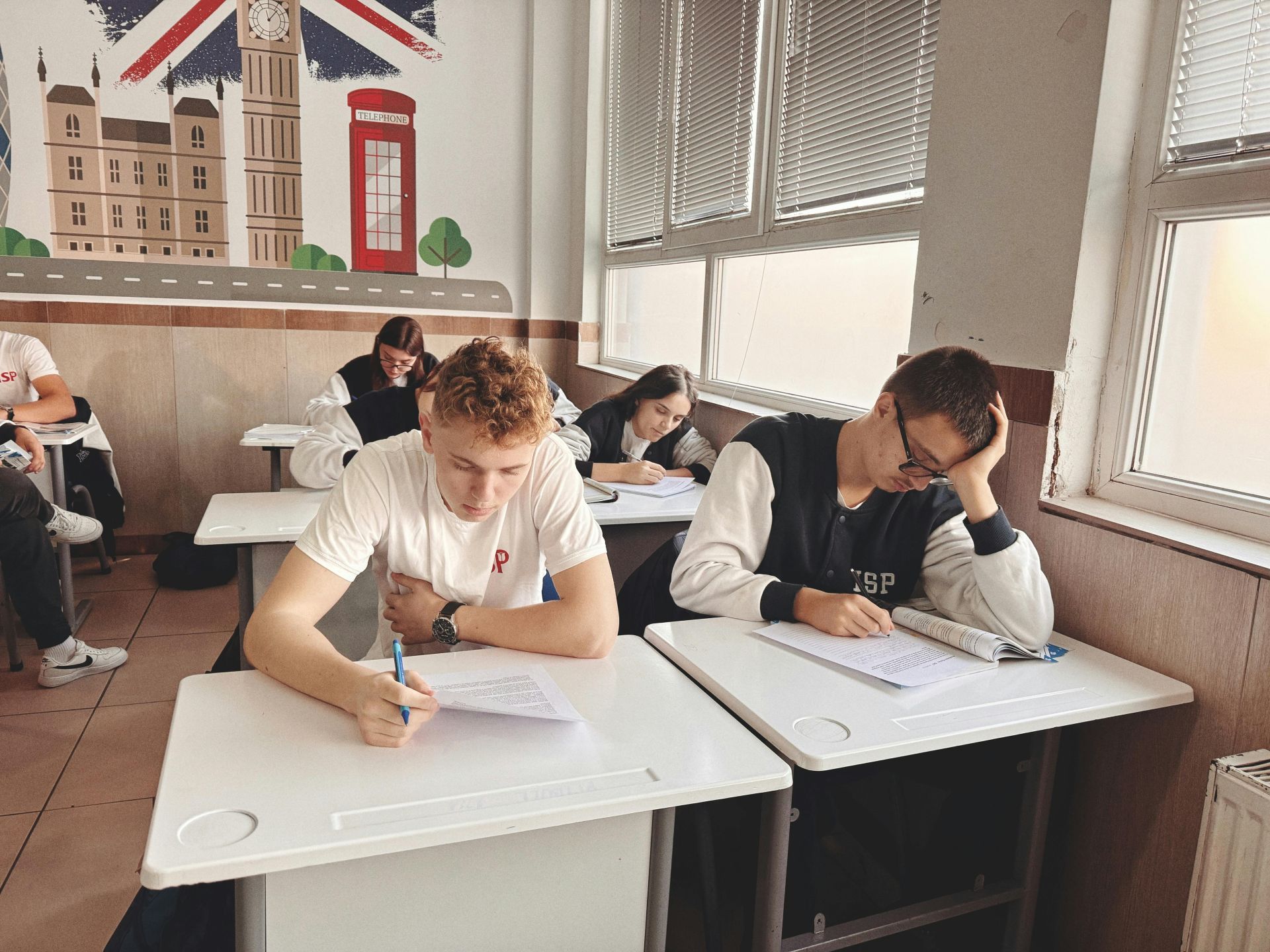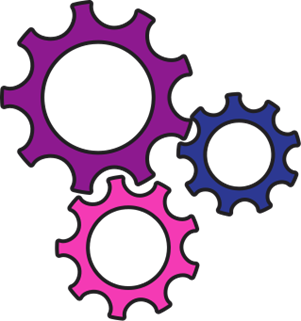
Every parent wants the best for their child’s future, but many are starting to question if traditional schooling genuinely prepares them for life beyond the classroom. Schools focus heavily on academic achievement, yet so many graduates leave without the skills needed to navigate daily life. In contrast, home education offers a more flexible approach, allowing parents to incorporate real-world lessons that truly prepare children for adult responsibilities.
A Gap Between Education and Life Skills
From the earliest years, children in schools are encouraged to perform well in subjects like maths, science, and English. And while these are undeniably important, the curriculum often neglects essential life skills like managing personal finances, understanding nutrition, building healthy relationships, or simply maintaining a home. School’s rigid structure, focused on theoretical knowledge and exam results, can limit children’s development of independence, critical thinking, and adaptability—qualities they’ll need in adulthood.
Imagine this: A young person who excels academically may achieve excellent grades, but might struggle with creating a budget, cooking a healthy meal, or even understanding basic tax returns. These gaps are not due to a lack of intelligence or effort but rather a lack of exposure to practical life skills within the school system.
Why Home Education Can Fill the Gaps
In a home education setting, parents have the freedom to focus on real-world skills alongside academic learning. Lessons are not confined to a rigid timetable but instead allow for a more holistic approach. Home educators can integrate day-to-day experiences into learning, ensuring that children not only master the subjects required for exams but also gain practical skills for life.
For instance, budgeting can be taught through planning family meals, making shopping lists, and tracking expenses. Home projects like gardening teach children about sustainability and resourcefulness. Older children may be introduced to concepts like household management or understanding contracts, giving them confidence and competence in areas that formal education may not touch upon.
Flexibility for Personal Development
School, by its nature, operates on a one-size-fits-all approach. Teachers are bound by a syllabus that often prioritises standardised testing over individual growth, while home education can adapt to each child’s interests and strengths. If a child shows an interest in cooking, they can spend more time in the kitchen learning about nutrition, meal preparation, and even food hygiene. Similarly, a child interested in mechanics can be introduced to hands-on problem-solving by helping with household repairs or building simple machines.
This flexibility encourages children to take charge of their own learning, nurturing a sense of responsibility and initiative. They learn through real-world application, which can foster a deeper understanding and retention of knowledge. Home education also tends to allow more time for creative projects, volunteer work, and hobbies that teach time management, discipline, and collaboration.
A Balanced Approach to Education
Home education doesn't mean rejecting academic learning—it simply provides a more balanced education. Traditional subjects still play an essential role, but with a focus on applicability. Children may learn mathematics, for example, through real-life applications like calculating interest on savings or understanding investment returns. This integration of practical skills into academic subjects helps children see the relevance of what they’re learning and apply it in meaningful ways.
A Case for Life-Ready Education
As adults, we need more than textbook knowledge to thrive. We need problem-solving skills, financial literacy, resilience, and self-care—skills often learned through life experience, but that can also be nurtured from an early age. Home education offers the chance to prepare children for life beyond exams, where success isn’t just measured in grades, but in the ability to handle real-life challenges confidently.
In a world that’s rapidly changing, perhaps it's time to rethink what “education” should really mean. Rather than just preparing our children to pass tests, let’s focus on preparing them for life. With the flexibility to include both academic and practical life skills, home education can be a powerful way to equip our children with the tools they truly need to succeed in the real world.


